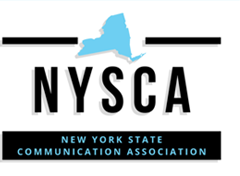Abstract
Most of the nonprofit organizations rely heavily on volunteers. In a service-learning course that works with nonprofit community partners, it is important to foster a supportive climate. Traditional problem-solving procedures typically involve identifying a problem, brainstorming for possible solutions, evaluating possible solutions, and implementation. With positive framing, a traditional problem-solving approach could be transformed by the method of appreciative inquiry. Traditional problem-solving approach is weaknesses-based, and appreciative inquiry is strengths-based. This paper demonstrates that appreciative inquiry is more effective in building a supportive climate when working with nonprofit community partners. Appreciative inquiry starts with discovering the successes of an organization, then documenting the aspirations of the organization, devising plans to realize the aspirations, and implementing the plans.
Recommended Citation
Liao, Ann
(2024)
"Appreciative Inquiry for a Supportive Climate,"
Proceedings of the New York State Communication Association: Vol. 2023, Article 3.
Available at:
https://docs.rwu.edu/nyscaproceedings/vol2023/iss1/3
Included in
Interpersonal and Small Group Communication Commons, Organizational Communication Commons


